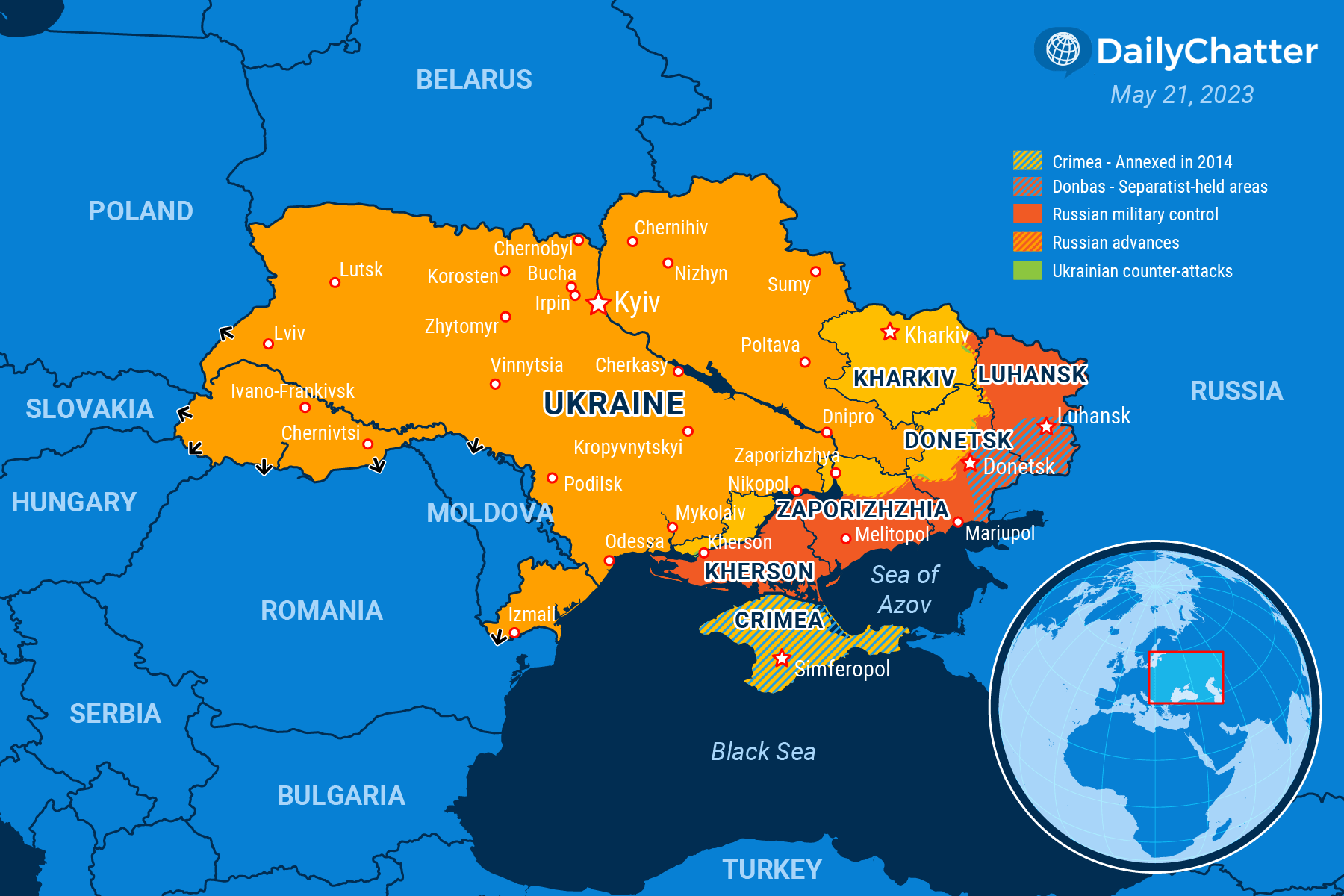Ukraine Briefly
October 27, 2023Ukraine, Briefly
RussiaUkraine

|
Listen to Today's Edition
|
This week, Slovakia’s newly reelected Prime Minister Robert Fico pledged that the country will cease supplying weapons to Ukraine and instead will provide only humanitarian aid, Politico wrote. He expressed the view that an immediate cessation of military operations is the best solution for Ukraine, and called on the European Union to transition from being an arms supplier to a peacemaker. Fico was elected in September and has formed a coalition government with the social-democratic Hlas party. His decision to halt arms deliveries to Ukraine and oppose further European sanctions against Russia has raised concerns over the bloc’s unity in supporting Kyiv’s fight.
Also this week:
- Ukraine temporarily suspended the use of its Black Sea grain export corridor due to potential threats from Russian warplanes and sea mines, according to Reuters. Ukrainian officials have cited increased Russian air force activity in the area as the reason for the suspension. The corridor, established to circumvent a de facto blockade in the Black Sea, had been used for grain and other cargo shipments. This decision comes as Ukraine seeks to boost seaborne exports independently from Russia, which withdrew earlier this year from a United Nations-brokered agreement that had allowed some food exports to flow despite the war.
- Sweden moved a step closer to joining NATO after Turkish President Recep Tayyip Erdogan sent so-called accession protocols to parliament for approval, CNN reported. Sweden and Finland sought NATO membership in the wake of Russia’s invasion of Ukraine last year, but Turkey had blocked Sweden’s membership until recently. Sweden tightened its anti-terror laws and pledged closer cooperation with Turkey on security concerns. While this move represents progress, Hungary has also not voted to approve Sweden’s NATO membership, indicating that the process may still take time.
- Russia has reportedly released up to 100,000 prison inmates to fight in Ukraine, according to government data and human rights groups, which is a significantly larger number than previously known, the Washington Post noted. The Russian prison population has dropped from an estimated 420,000 before the invasion of Ukraine to about 266,000. These individuals are said to have been sent to the front lines, where they are being used to bolster the Russian military’s depleted ranks. This practice of recruiting prisoners to fight in Ukraine started with the mercenary Wagner Group, and despite some internal disputes, the Russian Defense Ministry has continued this strategy.
Not already a subscriber?
If you would like to receive DailyChatter directly to your inbox each morning, subscribe below with a free two-week trial.
Support journalism that’s independent, non-partisan, and fair.
If you are a student or faculty with a valid school email, you can sign up for a FREE student subscription or faculty subscription.
Questions? Write to us at hello@dailychatter.com.

